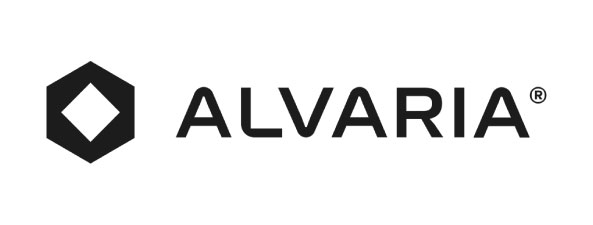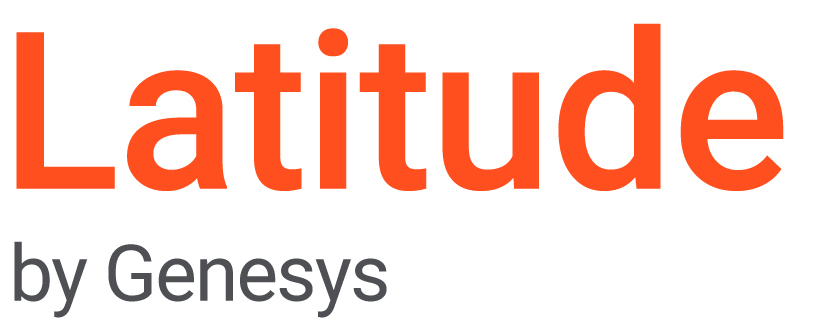The Federal Communications Commission (FCC) has taken action against illegal robocalls by announcing final rules to implement the STIR/SHAKEN call authentication framework. With an effective date of August 21, 2023, these regulations aim to combat spoofed robocalls, expand caller ID authentication, and hold voice service providers accountable for violations. Compliance with the call authentication framework is mandatory by December 31, 2023, and this article will delve into the requirements and implications for telephone companies.
Closing the Gap in Call Authentication:
One of the key goals of the new FCC rules is to close the significant gap in the STIR/SHAKEN call authentication framework. This will be achieved by imposing more robust enforcement tools, requiring originating voice service providers, terminating voice service providers, intermediate providers, and gateway providers to adhere to the framework’s guidelines. By doing so, the FCC aims to facilitate government and industry efforts in identifying and blocking illegal robocalls.
Enhancing Robocall Mitigation:
The FCC’s rules go beyond call authentication and encompass the expansion of robocall mitigation requirements for all providers. To ensure compliance, the FCC has established the Robocall Mitigation Database, which requires all providers to submit a certification regarding their STIR/SHAKEN implementation and a robust robocall mitigation plan. These measures will contribute to reducing the proliferation of unwanted robocalls and enhancing consumer protection.
Compliance Deadlines and Obligations:
Telephone companies and voice service providers must be aware of the compliance deadlines set by the FCC. By December 31, 2023, the first non-gateway intermediate provider in the call chain must authenticate unauthenticated calls. This deadline provides sufficient time for providers to deploy the necessary technical capabilities and amend contracts with upstream originating providers to meet the new requirements. Additionally, providers new to the Robocall Mitigation Database must submit certification and mitigation plans within 30 days of publication of notice of approval by the Office of Management and Budget.
Implications for Telephone Companies:
The FCC’s call authentication framework and robocall mitigation requirements significantly impact telephone companies. Originating voice service providers, terminating voice service providers, intermediate providers, and gateway providers must ensure their systems accommodate the STIR/SHAKEN framework. Failure to comply with the FCC’s mandatory blocking rules may result in substantial fines, reinforcing the urgency for providers to implement the necessary measures.
The FCC’s call authentication framework represents a pivotal step in combating illegal robocalls and protecting consumers. By closing the gap in the STIR/SHAKEN framework, enhancing robocall mitigation, and imposing compliance deadlines, the FCC aims to curb unwanted robocalls. Telephone companies and voice service providers must act promptly to ensure their systems meet the new requirements and contribute to a safer and more secure communication landscape.
Remember, compliance with the FCC’s call authentication framework must be done by December 31, 2023, and the necessary certifications and mitigation plans must be submitted by that time to the Robocall Mitigation Database.
Are compliance concerns keeping you awake at night? TEC Services Group is the most trusted technical services company serving the collections industry. We have been the leading technology and professional services firm in the credit collections industry for over 24+ years. We are a technology-focused company that provides leading industry solutions along with unrivaled, unbiased, and experienced support. Get rest tonight, call us to talk now: 941.375.0300.







